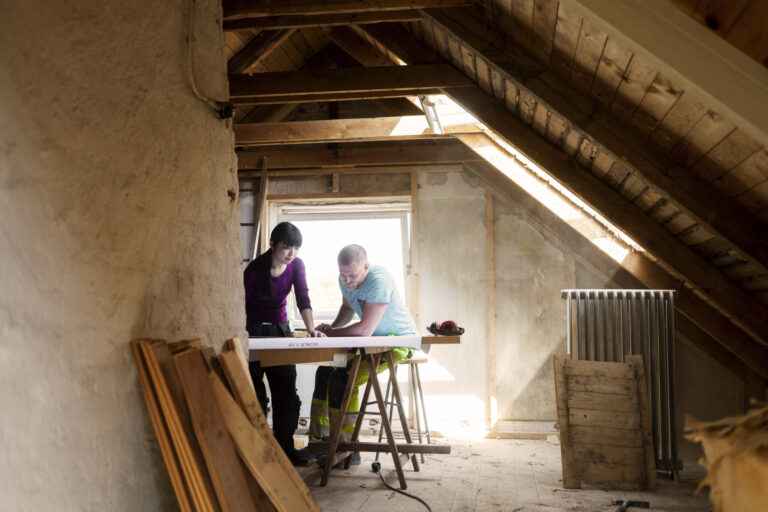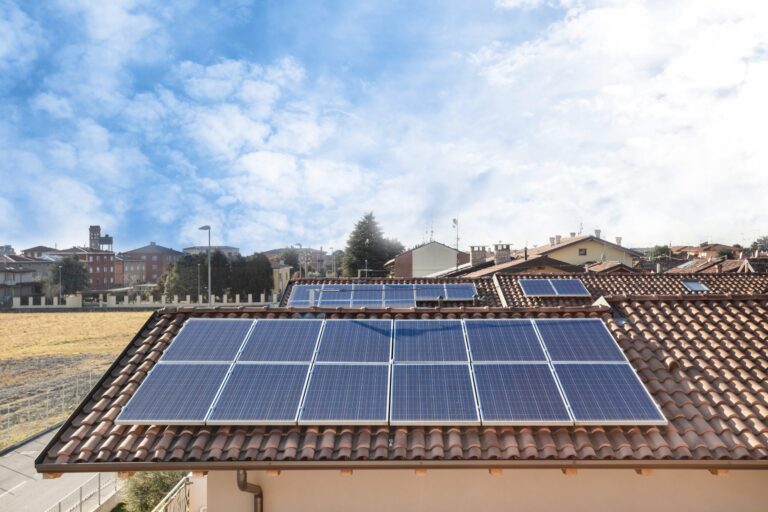Utility costs can get astronomical depending on the size of your home and the outside temperature. Keeping your house cool in the summer and warm in the winter may seem like an overwhelming task when your utility bill skyrockets and many feel helpless to these needed expenses. However, lower your utility bills is one of many ways to reduce your overall expenses and live within your means.
When looking at your overall budget, there will be many expenses you may not have much control over. However, when working on setting yourself up for success financially, it is critical to really evaluate all of your expenses. Below are four household problems that may be driving up your utility bills. While the solution may involve an investment, the long-term benefits will compensate for the investment. Learning more about your expenses will also allow you to build a realistic emergency fund, so you have money set aside for sudden expenses.
Old Doors and Windows
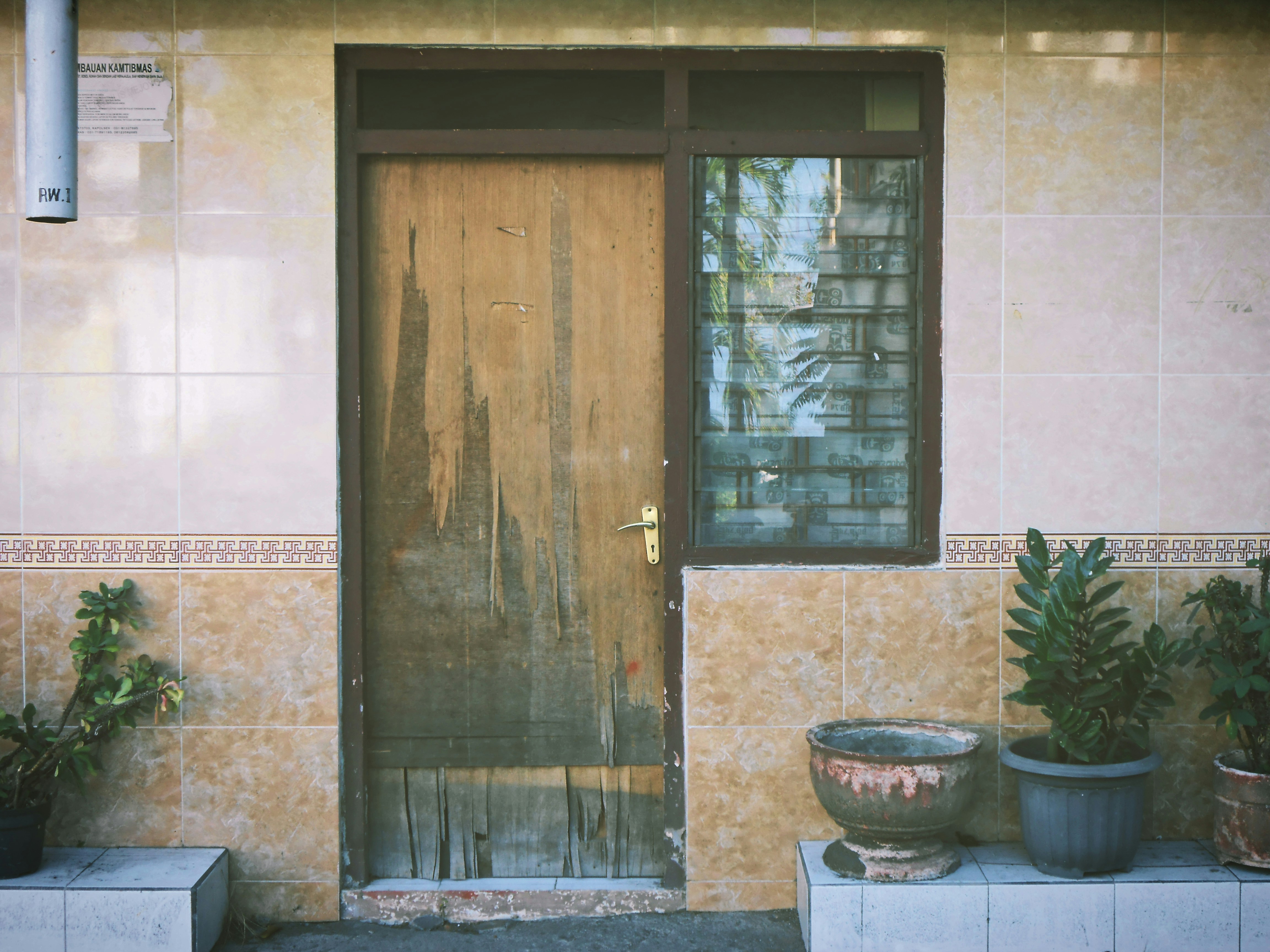
Old windows and doors can increase your utility bills in two ways. First, if they are old, the materials they are made with are not energy efficient. For example, newer windows are made with two or three panes of glass to provide extra insulation. Single-pane windows will allow the outside temperature to radiate through the glass and impact the inside temperature. Second, as old wood doors and windows age, they shift and shrink, causing cracks that air around and through the frames.
When air is leaking through old doors and windows, the HVAC unit will have to work harder to maintain a comfortable house temperature. The constant running will lead to you needing a new system. If your central air or furnace breakdown suddenly, you’ll have to pay more for an emergency visit. Some contractors will allow you to finance large projects like all new doors and windows, making it more feasible.
An Old Thermostat

An old thermostat can cause an increase in your energy bill by not properly regulating the house’s temperature. Newer thermostats read the temperature and adjust the furnace or aid accordingly to maintain a specific set temperature. Old models do not offer that kind of control. They cannot be adjusted remotely or set to increase or decrease the temperature automatically at certain times to accommodate when people are or are not going to be home. A programmable thermostat offers more energy efficiency by allowing you to regulate changes in the temperature.
While replacing the thermostat may not solve all of your energy problems, it is a great way to improve energy efficiency throughout your home. The new thermostat will lower costs as your air conditioner and furnace is running less while still maintaining a comfortable temperature.
Inefficient Heating and Cooling
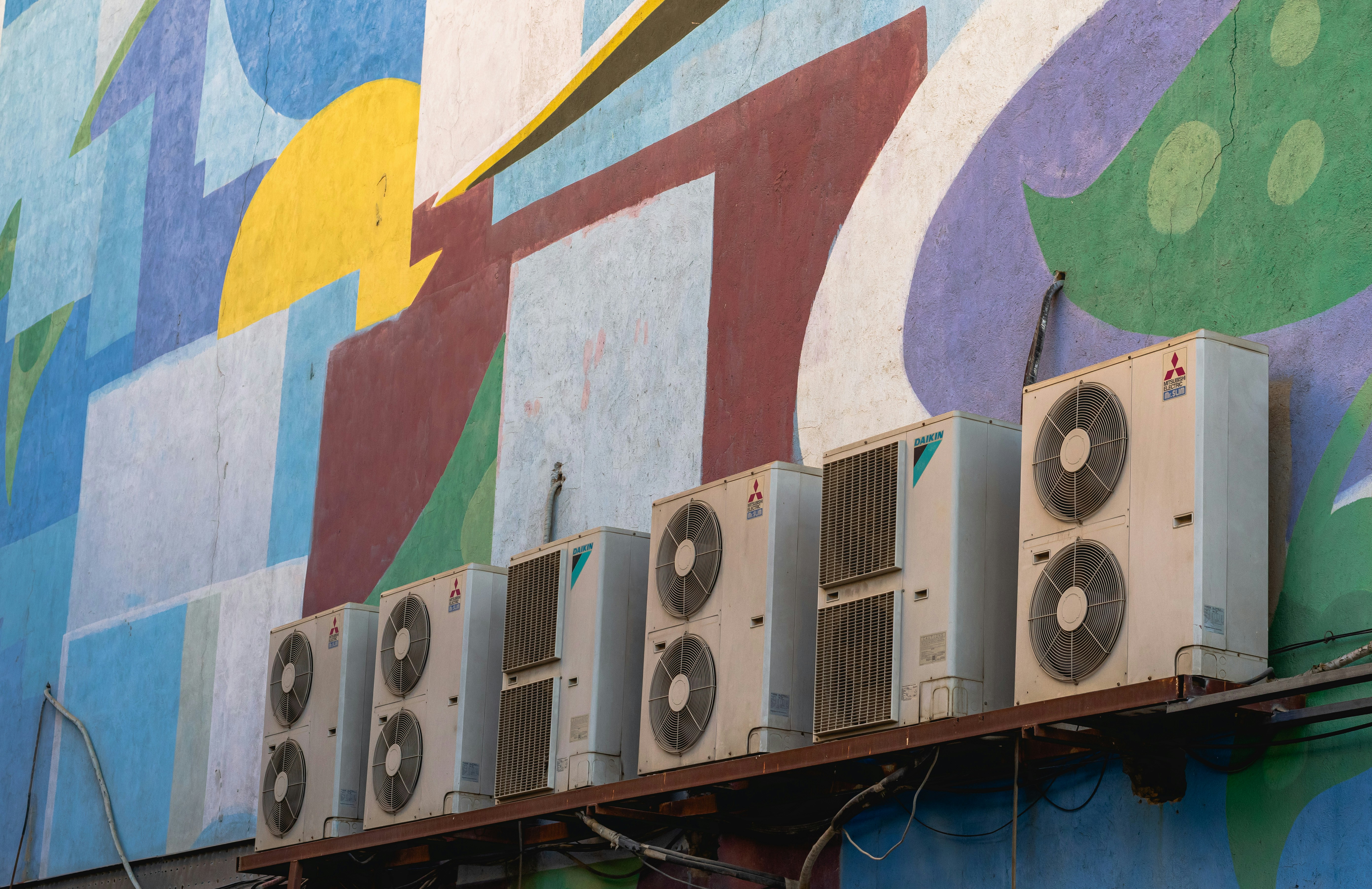
As the HVAC system ages, it will also become less efficient. Your air conditioner and furnace are machines like anything else that will wear down over time. Your heating system should be Maintainance annually before the cold weather hits to ensure it is ready to be working all the time. Your licensed HVAC repairman can also let you know how much life you have left in your furnace and when you should consider replacing it. Likewise, you may be spending more to cool your home with an inefficient system. You also need to have your air conditioning maintenance each year to ensure it is running at an optimum level.
While spending money for annual maintenance may feel like an unneeded expense, you will be reducing the amount you are spending on your utility bills due to faulty or aging systems. Additionally, emergency HVAC technician visits when it’s over 100 degrees outside and your air conditioner stops working will cost significantly more than a regularly scheduled maintenance visit, which may identify a problem before it happens.
Insufficient Insulation
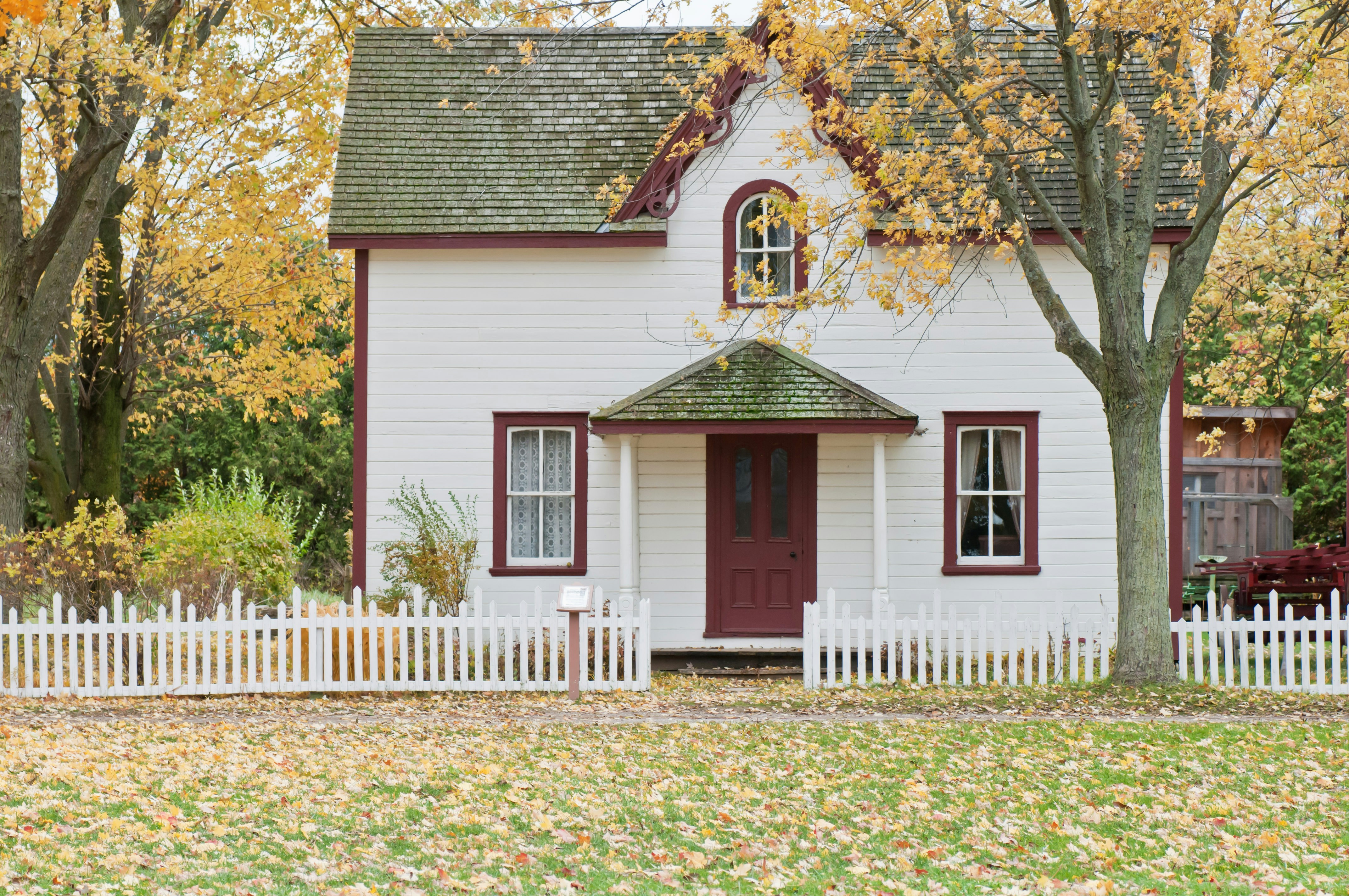
When your house is not insulated properly, you’ll have air coming in through your walls, making your HVAC system work overboard to maintain the inside temperature, which will increase your energy bill. Insulation goes between the interior and exterior walls of your home. If your walls feel cold in the winter or hot in the summer, it may be due to poor insulation. You can have your insulation inspected by a professional, who will let you know what needs to be done to make your house fully insulated.




